 |
register
|
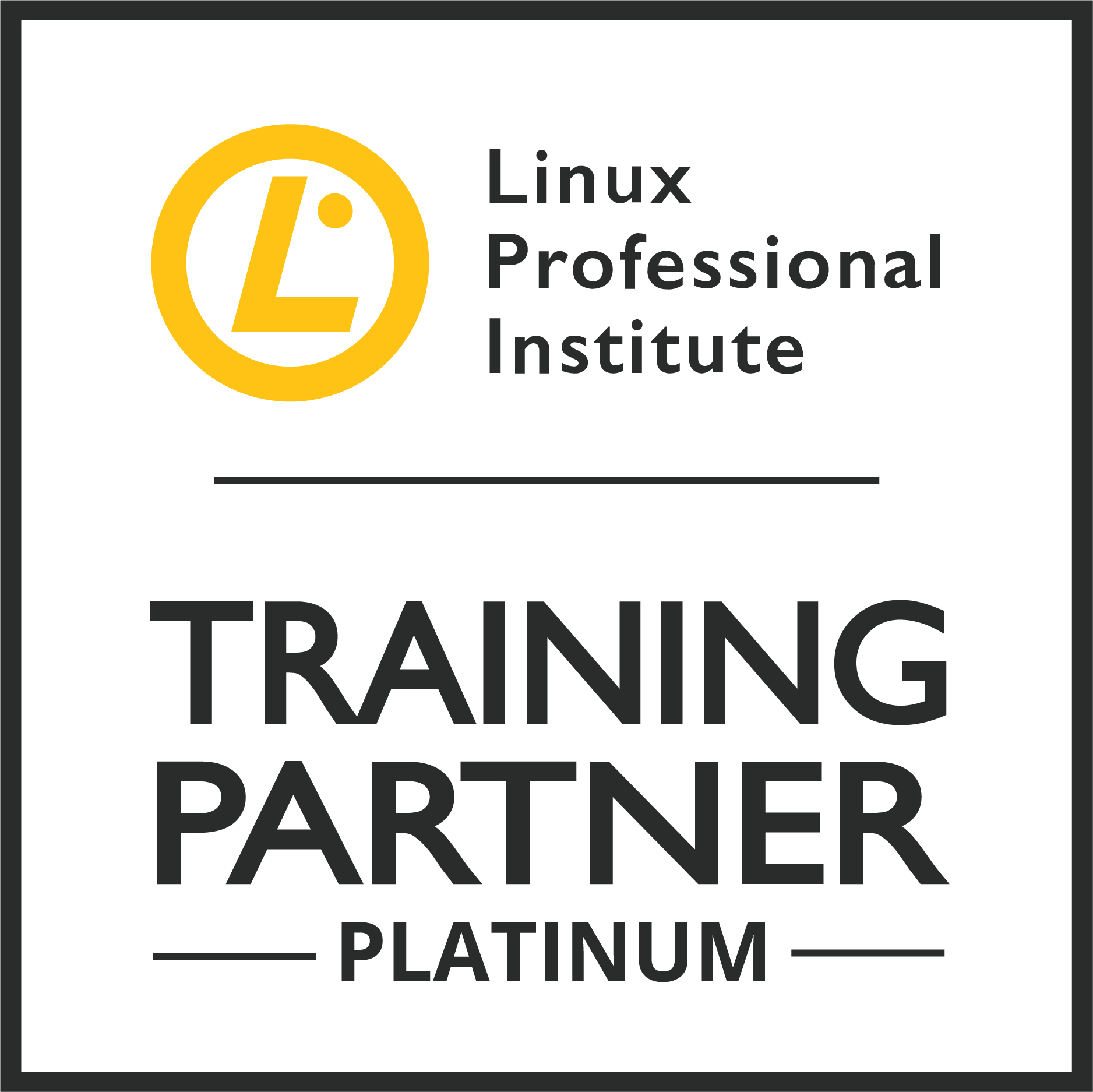 |
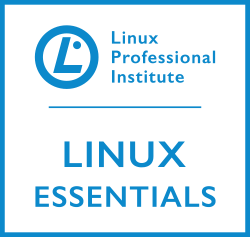 |
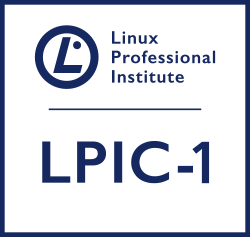 |
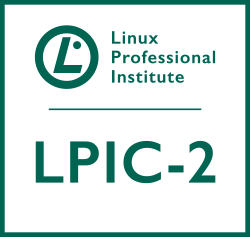 |
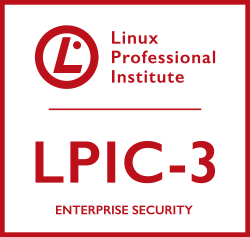
| 
|
| LLC 501 CYBERSECURITY AND ETHICAL HACKING I TRAINING | |||
| COURSE DESCRIPTION | |||
| Cybersecurity and Ethical Hacking I covers information gathering and reconnaissance, scanning and enumeration, gaining access, privilege escalation, maintaining access and covering tracks. It is a hands-on practical training on how to assess the security posture of your organization before the “bad guys” do it. The course is designed in a way to allow you to understand how attacks are commonly carried out by malicious users. You will learn how to apply ethically hacking tools and techniques to gain unauthorized access to information assets. The main objective of the course is to understand the mindset of a malicious users in order to protect your organization from common attacks. | |||
| COURSE OUTLINE | |||
|
1. Reconnaissance
4. Web Application Attacks
|
5. Phishing and Social Engineering
6. Wireless Security
|
7. Advanced Covert Channels
|
AUDIENCE
PREREQUISITE
DURATION
|